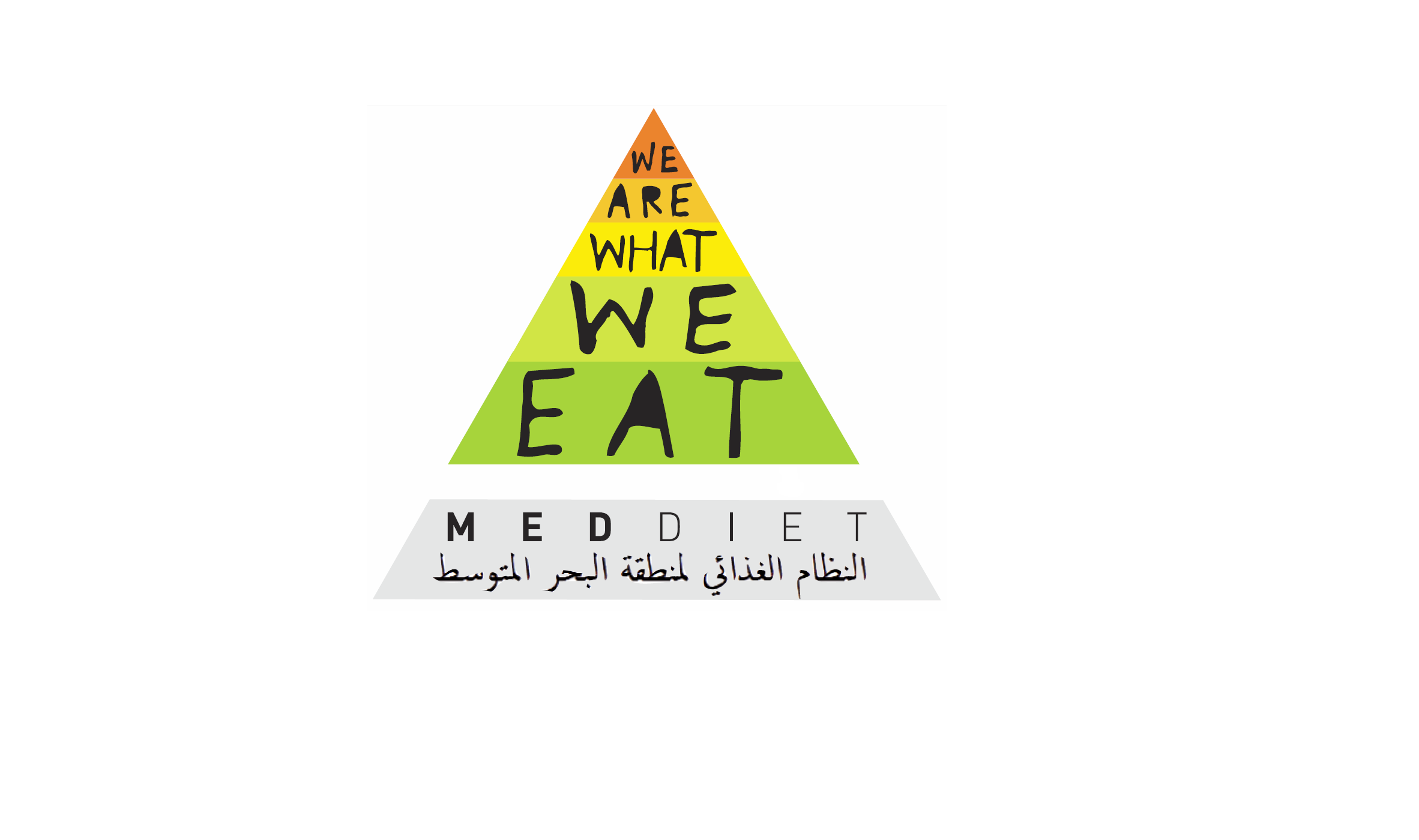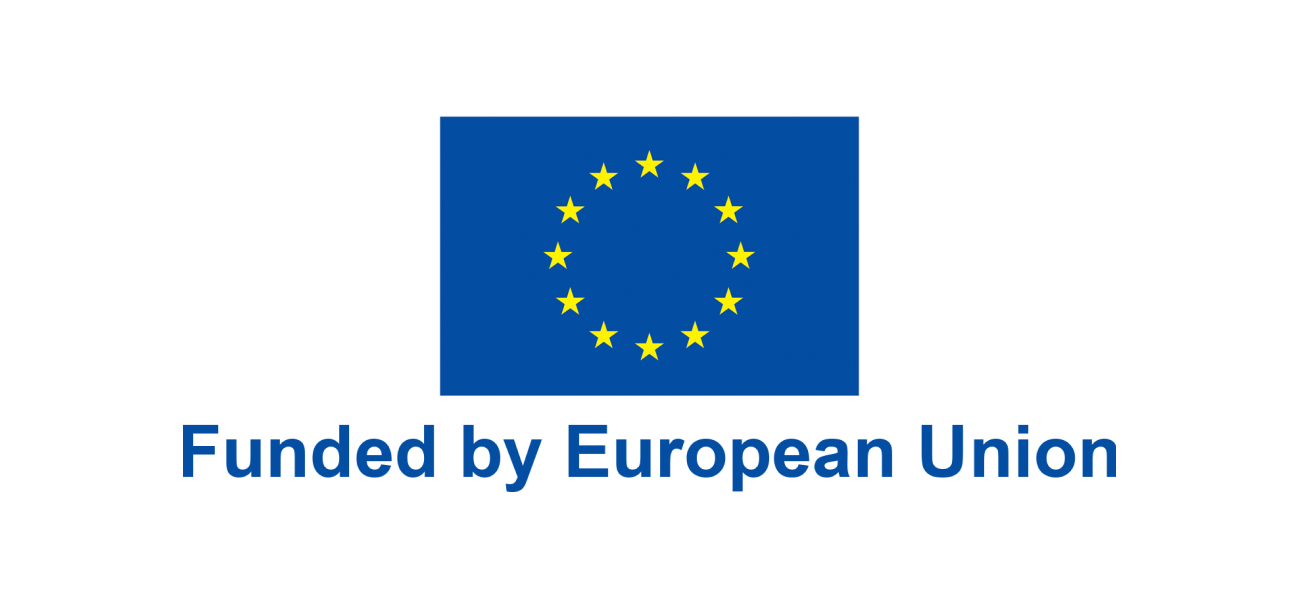.
Project



Project brief
Mediterranean countries share the same dietary structure featured by a high consumption of plant foods such as legumes, cereal, fruits and vegetables, nuts and seeds, low consumption of meat and dairy products, olive oil as main source of fat and moderate consumption of wine. The Mediterranean diet is healthy because of the protective effects that this diet shows against various diseases. However, the majority of the Mediterranean countries have been witnessed changes in their dietary system over the past decades.
The MedDiet project aims to raise the awareness of consumers by showing the importance of preserving healthy food traditions.


Partners

Chamber of Commerce, Industry & Agriculture of Beirut & Mount Lebanon (CCIA-BML)

Spanish Association of Olive cities

The Association of the Mediterranean Chambers of Commerce and Industry (ASCAME)

The Routes of the Olive Tree Foundation

Forum of the Adriatic and Lonian Chambers of commerce

Special Agencies Center of services for Enterprises

Olive Oil Towns Association

The Confederation of Egyptian European Business Associations (CEEBA)

Institution of Agricultural Research and Higher Education

Chamber of Commerce & Industry of Tunis

Mediterranean Diet Foundation

Specific Objective
The MedDiet project aims to increase the awareness of consumers especially young people and children who are more exposed to the risk of losing Mediterranean habits, and to increase the awareness of SMEs (restaurants).
The project seeks to enhance the food local productions by involving with local economic operators to create new ways of reaching consumers. The projects also intends to spread a more “sustainable” way of tasting Mediterranean traditional food, where people can see and taste each traditional product, giving also the possibility to increase the purchase of these products and giving the knowledge of traditional processes of production.
Main Activities and Expected Results:
The project ensures nutritional education initiatives for schools and consumers including taste laboratories, visits to farms/ factories, cooking courses, schools vegetables gardens. Additional activities set by the project are publishing and distributing MedDiet tool kits, creating MedDiet Quality label for restaurants and pilot actions for its implementation. Moreover, on schools level, we will be spreading awareness among 1200 children in 30 schools, and we will be training 300 teachers and 30 directors. On the restaurants level, we will be implementing labels for 60 restaurants and we will be training and giving certificates to 60 owners/managers.


Duration and Budget
Over a period of 30 months (January 2013 - July 2015)
The project “Mediterranean Diet and enhancement of traditional products” (MedDiet) is implemented under the ENPI CBC Mediterranean Sea Basin Programme (www.enpicbcmed.eu). Its total budget is € 4,996,972 and it is financed, € 4,497,275, by the European Union through the European Neighborhood and Partnership Instrument. The ENPI CBC Med Programme aims at reinforcing cooperation between the European Union and partner countries regions placed along the shores of the Mediterranean Sea.
ENPI Disclaimers
"The 2007-2013 ENPI CBC Mediterranean Sea Basin Programme is a multilateral Cross-Border Cooperation initiative funded by the European Neighbourhood and Partnership Instrument (ENPI). The Programme objective is to promote the sustainable and harmonious cooperation process at the Mediterranean Basin level by dealing with the common challenges and enhancing its endogenous potential. It finances cooperation projects as a contribution to the economic, social, environmental and cultural development of the Mediterranean region. The following 14 countries participate in the Programme: Cyprus, Egypt, France, Greece, Israel, Italy, Jordan, Lebanon, Malta, Palestinian Authority, Portugal, Spain, Syria, Tunisia. The Joint Managing Authority (JMA) is the Autonomous Region of Sardinia (Italy). Official Programme languages are Arabic, English and French".
"The contents of this website are the sole responsibility of the Chamber of Commerce, Industry and Agriculture of Beirut and Mount Lebanon and can under no circumstances be regarded as reflecting the position of the European Union or of the Programme’s management structures".
“The European Union is made up of 27 Member States who have decided to gradually link together their know-how, resources and destinies. Together, during a period of enlargement of 50 years, they have built a zone of stability, democracy and sustainable development whilst maintaining cultural diversity, tolerance and individual freedoms. The European Union is committed to sharing its achievements and its values with countries and peoples beyond its borders”
MedDiet: Kick-Off Meeting
The strategic project "MedDiet" (Mediterranean Diet and enhancement of traditional foodstuff) will be officially launched on 16th and 17th April in Rome (Italy) in the presence of the 13 organizations part of this initiative including the CCIABML. The project aiming to raise the awareness of consumers about the importance of preserving healthy food traditions.
Over 30 months, the project will implement more than 165 nutrition education actions - including taste laboratories, visits to farms, cooking courses, vegetables gardens - dedicated in particular to around 4.800 pupils and young people coming the six following countries: Lebanon, Egypt, Greece, Italy, Spain and Tunisia.


